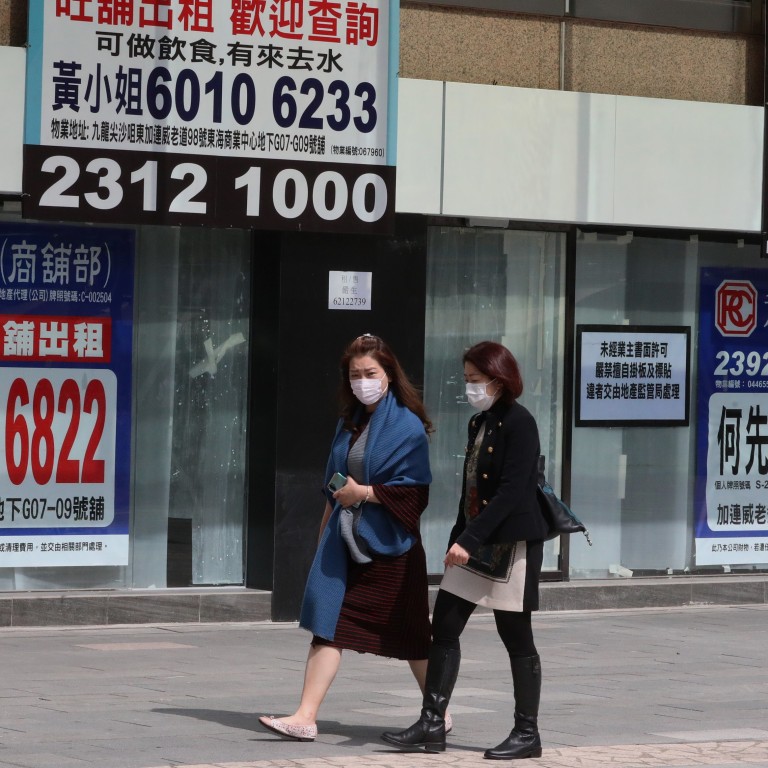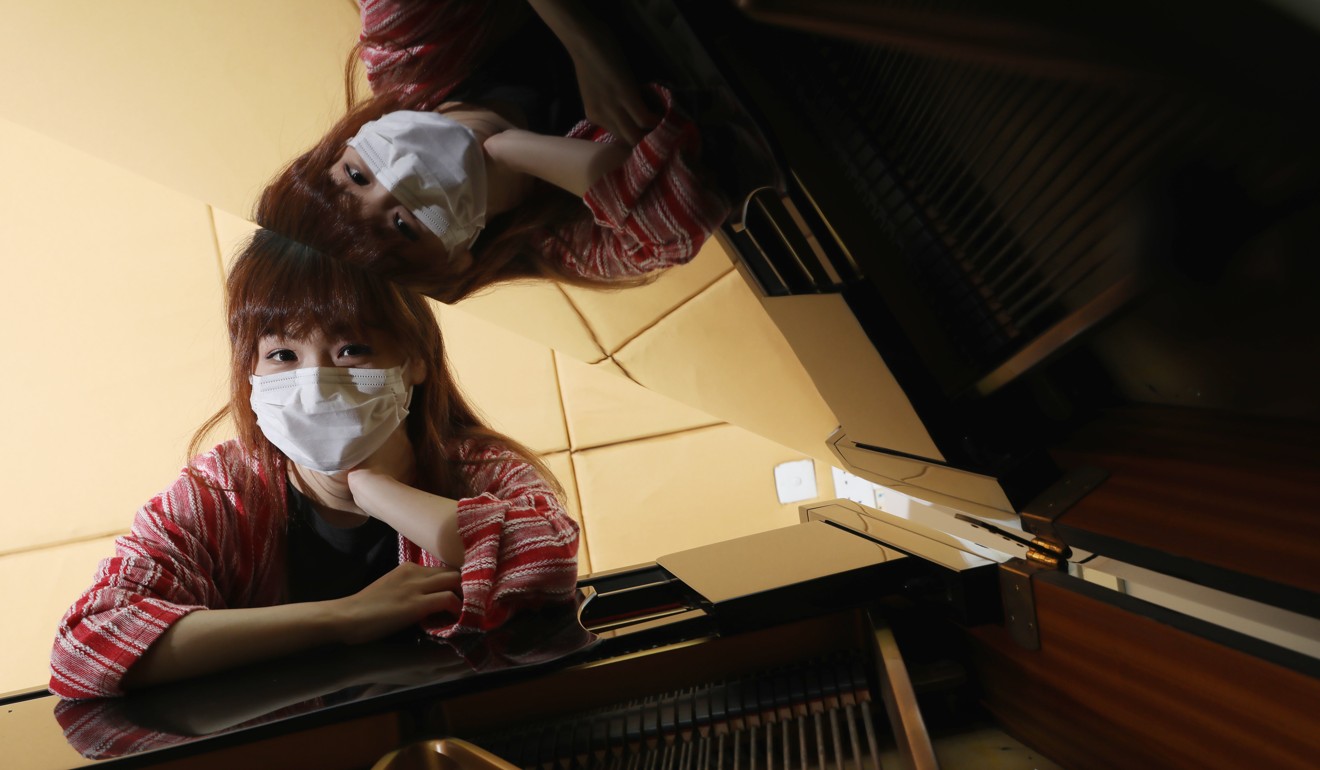
Coronavirus: from gyms to hair salons, many Hong Kong small business owners asking where’s the financial help?
- The government’s HK$30 billion relief package is a welcome lifeline for companies battered by the Covid-19 outbreak
- But many smaller operators who don’t qualify are left wondering how much longer they can stay afloat
After a decade of putting in long hours to establish a brand, Hong Kong gym owner Leung Chi-kwan finally began to see the hard work pay off this past summer. The business he co-founded, ATMA, was enjoying a steady uptick in customers and Leung and his partners decided to move into a bigger space in Tai Po in the New Territories to accommodate the influx.
But after weathering the economic slowdown brought on by months of civil unrest, Leung and his partners found themselves facing a bigger threat – the Covid-19 outbreak that upended daily life across the city and sent the service industries reeling.

Earlier this month, representatives for 17 hard-hit sectors, including providers from the education industry, sports schools, as well as other businesses such as yoga studios and salons called on the government to earmark HK$6 billion for them.
Small businesses ‘left behind’ by relief package
Leung said that unless he received help soon, he could be forced to close ATMA, a huge disappointment in itself, but shuttering could also jeopardise the family home.
To secure a multimillion-dollar loan, he mortgaged his flat, which he shares with his wife, young daughter and his two retired parents.
With the gym’s books already in the red, Leung has been negotiating for concessions from his landlord but without any luck. Fortunately, as the outbreak is slowly brought under control, patrons have been returning, with business in recent weeks climbing to about 40 per cent of its peak.
Leaving the sports sector out of the relief package did not surprise him. “The government has for years offered little support for local sports development,” he said.
The government has for years offered little support for local sports development
But even if no cash handouts were coming his way, Leung said the government could at least offer residents a subsidy to join gyms such as ATMA, which would ease the burden and help keep people active.
Hairstylist Ric Lam Fu-yik is under the same intense pressure to stay afloat. The hairstylist who works in a salon in Tsim Sha Tsui had only 20 patrons in February, he said.
Lam’s monthly earnings of HK$25,000 fell to a fifth its usual level. The timing was terrible – the 36-year-old got married last year and was approved for the government’s subsidised housing programme, which leaves him with a mortgage to pay.
“I have been in this industry for so many years. This is the first time I have experienced something so bad,” he said.

Lam said he considered taking up a part-time job or giving customers haircuts in their homes as a way to cut expenses. He is thankful business has recovered slightly, giving him 40 patrons in the first two weeks of March. But a HK$10,000 handout would go a long way towards making up for his financial losses, he said.
Piano and singing tutor Lok Yan-wa is bracing for a more drawn-out blow. She gave private lessons to students and taught school choirs, but with kindergartens, primary and secondary schools shut since late January, her income has dwindled to nearly a third its normal level. Lok said that even if students returned to classes later, their extracurricular activities would probably remain suspended.
As part of the government relief package, the arts and culture sector received a HK$150 million funding injection, about a third of which will go to local troupes and freelance artists and performers. But the relief comes with a caveat: it will not support anyone who works in arts education, leaving people such as Lok on their own.

“How many musicians actually get the chance to perform? They make up a very small proportion [of the overall number] and many musicians actually teach music instead,” the 30-year-old said.
Lok’s younger sister was a contestant on The Voice, a singing competition that aired on local TV in 2010 and they have since formed Canto-pop duo SiS Lok, which she runs as a side gig.
But even with that added role, Lok said, it would be impossible for her to claim the HK$7,500 handout offered to freelance performers because the criteria was so narrow. The Hong Kong Arts Development Council requires applicants provide proof of cancellation of performances before reimbursing them on the lost income. But with the city still waiting to finally turn the corner of the outbreak, the demand for shows has all but disappeared, leaving Lok uncertain about her future.

